Focus On Data Analysis: Agilisium’s Gen AI powered Query Tool
Pharmaceutical R&D and healthcare generate vast amounts of data from a wide range of sources, from preclinical and clinical trial results, through post-approval real-world drug use, claims data and medical records, to short- and long-term sales and marketing figures.
The Challenges of Drug Development
Drug development is a costly and risky business. Median cost estimates per approved drug are as high as $2.8 billion, driven by failures at every stage of development, from discovery and preclinical research to late stage clinical trials. Drugs failing lose companies large amounts of money, damage their reputation (and their share price), and delay patient access to drugs that could change or save their lives. The impact of these failures increases at later stages, so a fail-fast strategy is vital.
To improve the chance of getting individual drugs to market, biotech and pharma companies need to be able to analyze as much of the available data as possible. The right data will help companies to:
- Choose the right disease areas
- Choose the right targets and drug classes
- Choose the right patient populations
- Assess the competition and the market landscape
- Assess the possibility of a drug making it through clinical trials, and fail drugs early in development if necessary
- Optimize clinical trials, including selecting the right patients, sites and investigators
- Adapt clinical trials and select alternative approaches if required
- Predict timelines
- Create pricing strategies
- Plan launches for the best time and the best locations
- Create communications strategies
- Create marketing and advertising strategies, and adapt as required
- Optimize sales strategies, and evolve as needed
- Plan post-approval studies
- Extend drug lifecycles, with additional formulations and indications.
These decisions need to be made rapidly and backed up by solid evidence to meet the needs of the research teams and the shareholders, but the data analysis required can be complex and time-consuming. This needs the right tools.
The Power of Data Query Tools & Generative AI
Query tools allow users to interact with large datasets and extract and manipulate the data quickly and efficiently. Generative AI models use neural networks to learn patterns and structure from training data in order to create new data. Gen AI can create a range of different outputs, including text, graphics, audio and video.
Gen AI’s applications in Drug Development and Healthcare
- Extracting information from data and documents
- Creating chemical and biological structures for drug development
- Predicting synthesis routes for compounds
- In silico screening
- Indication selection
- Predicting patient responses to drugs based on genetics
- Identifying disease markers
Introducing Agilisium’s Insights Generation Solution
Agilisium’s Insights Generation Solution has a query functionality that combines Generative AI and Natural Language Processing (NLP), allowing users to query data in a conversational manner. The tool can analyze complex data sets and deliver information summaries tailored to the user’s needs. The tool enables users to retrieve data quickly and efficiently and gain insights, providing data analysis support throughout the pharma value chain, from clinical trials to commercialization:





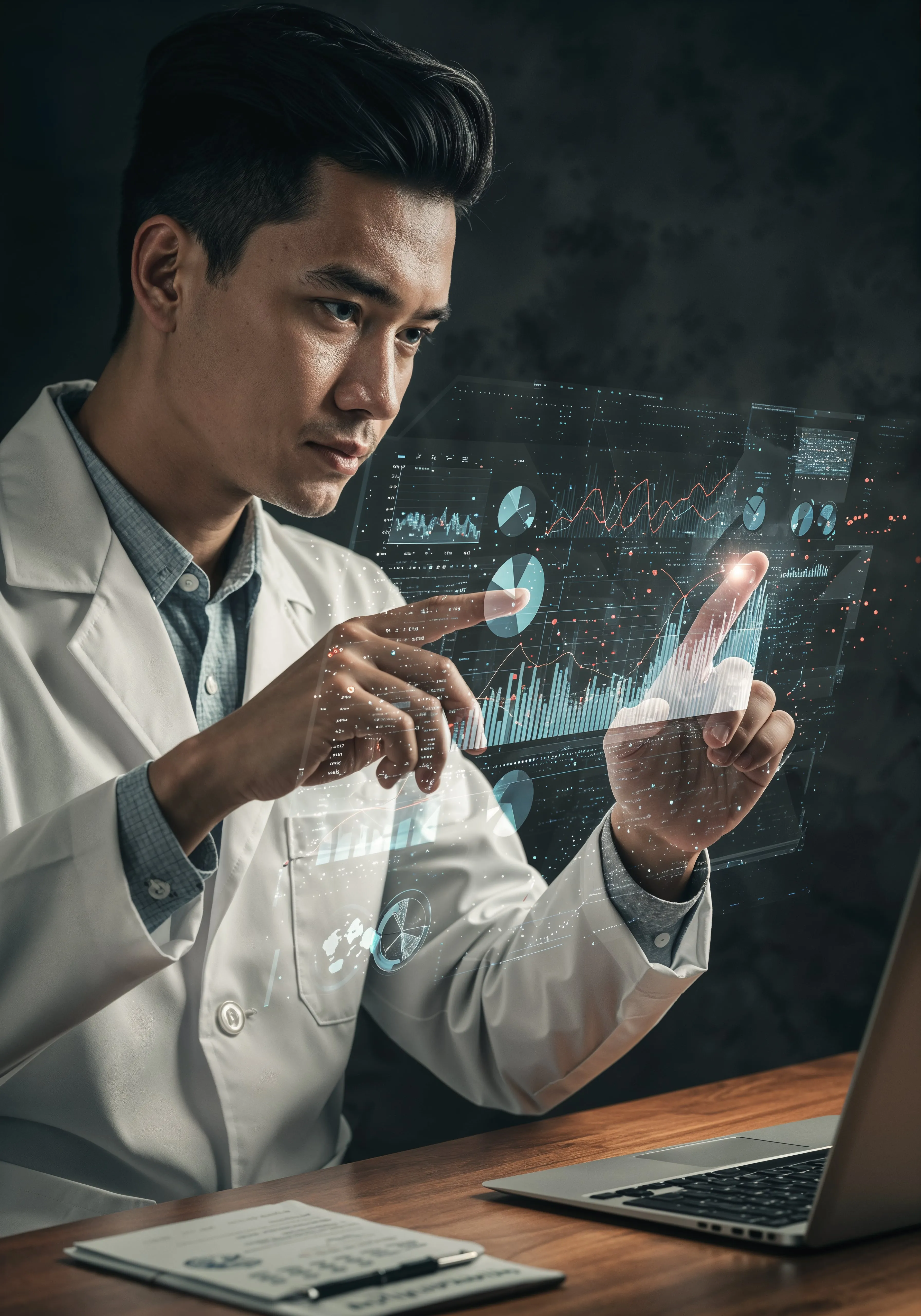




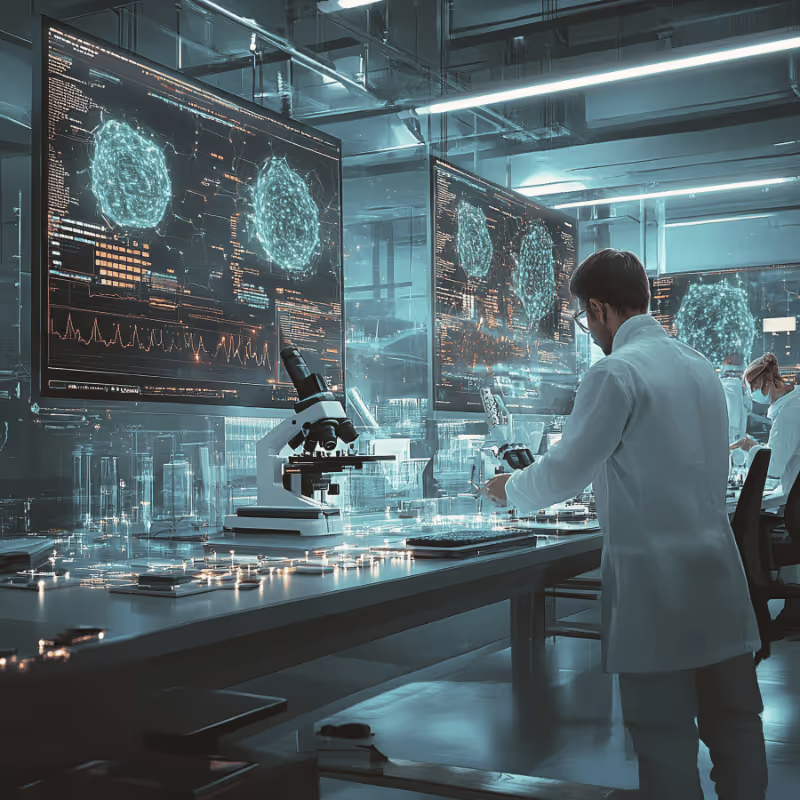
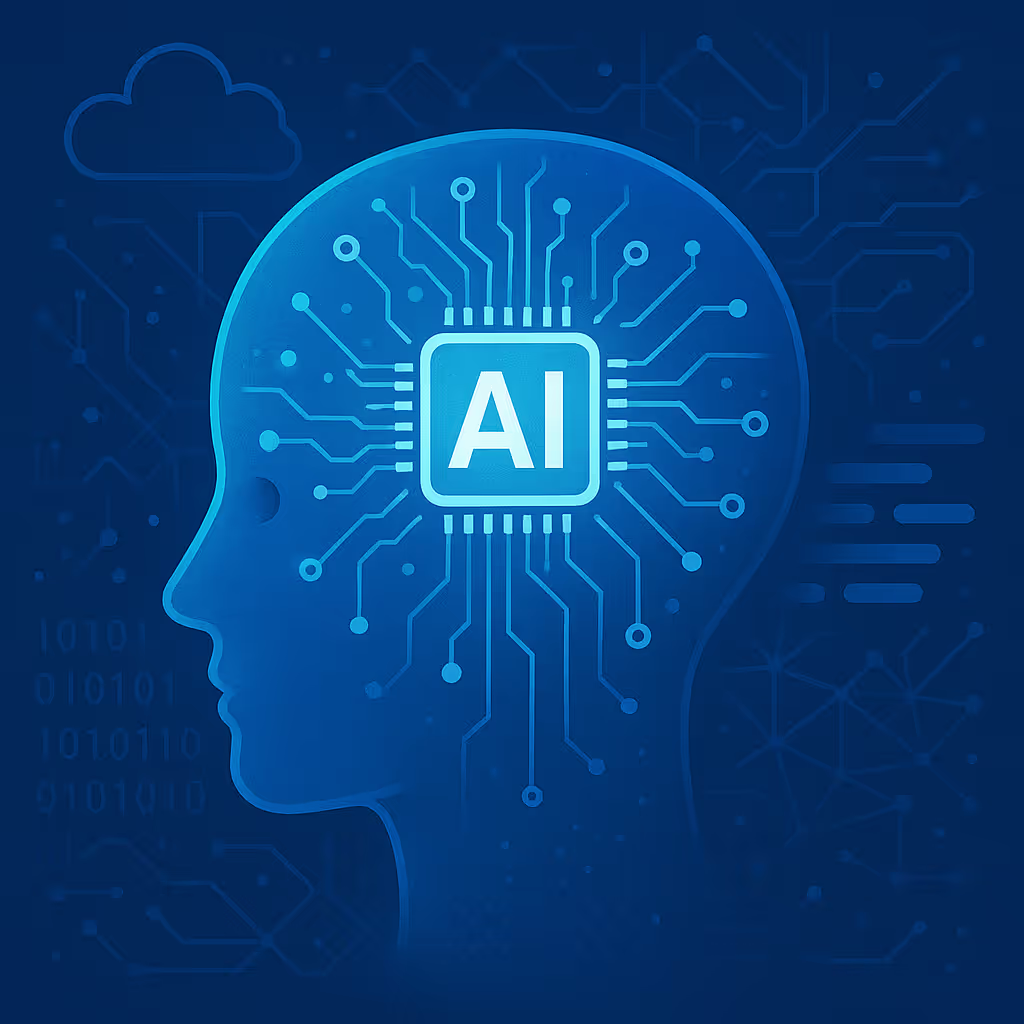


%20(7).avif)
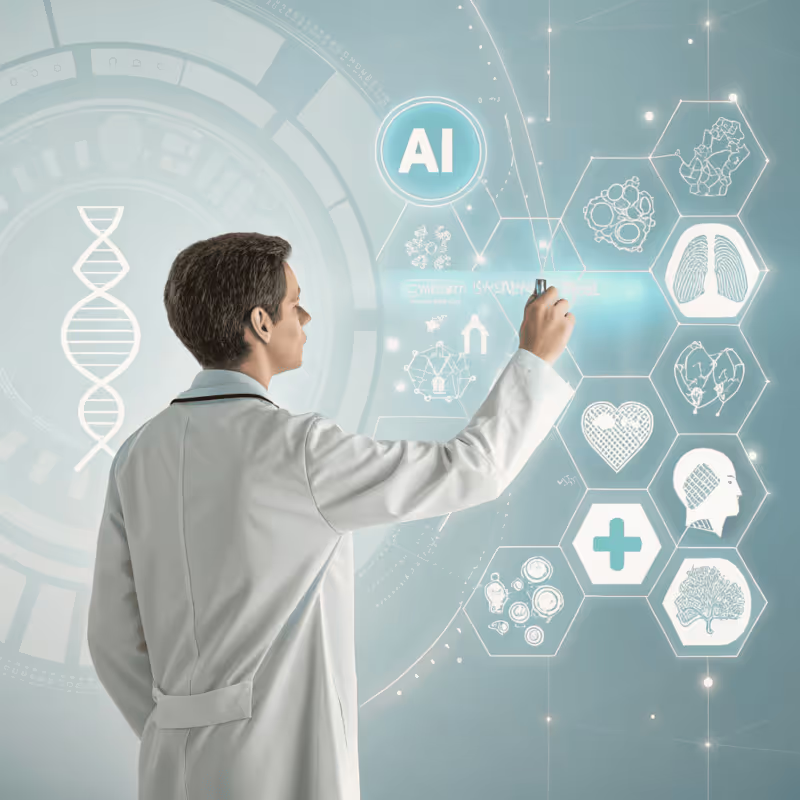

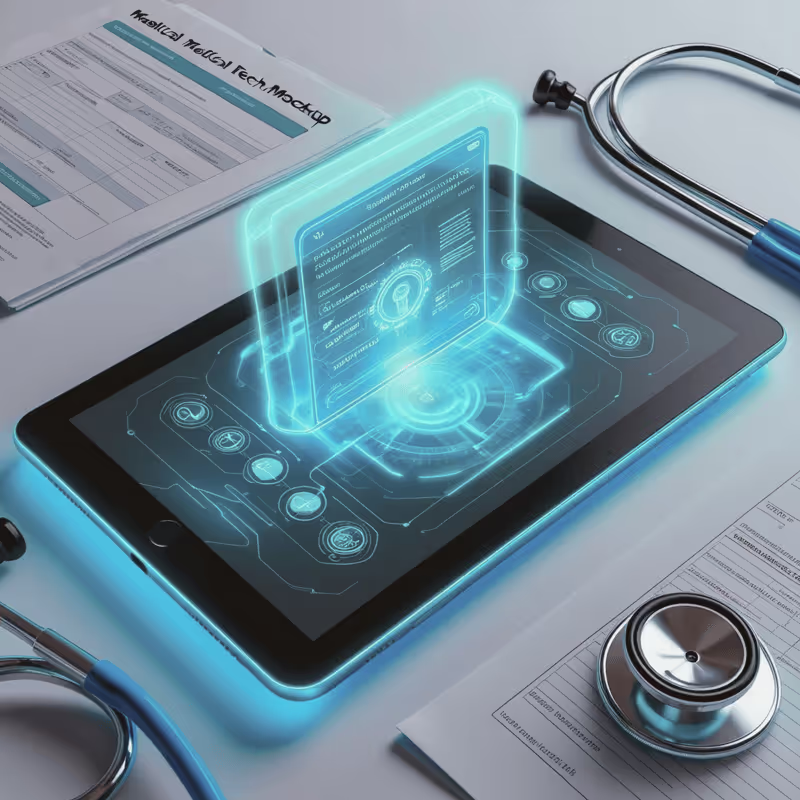


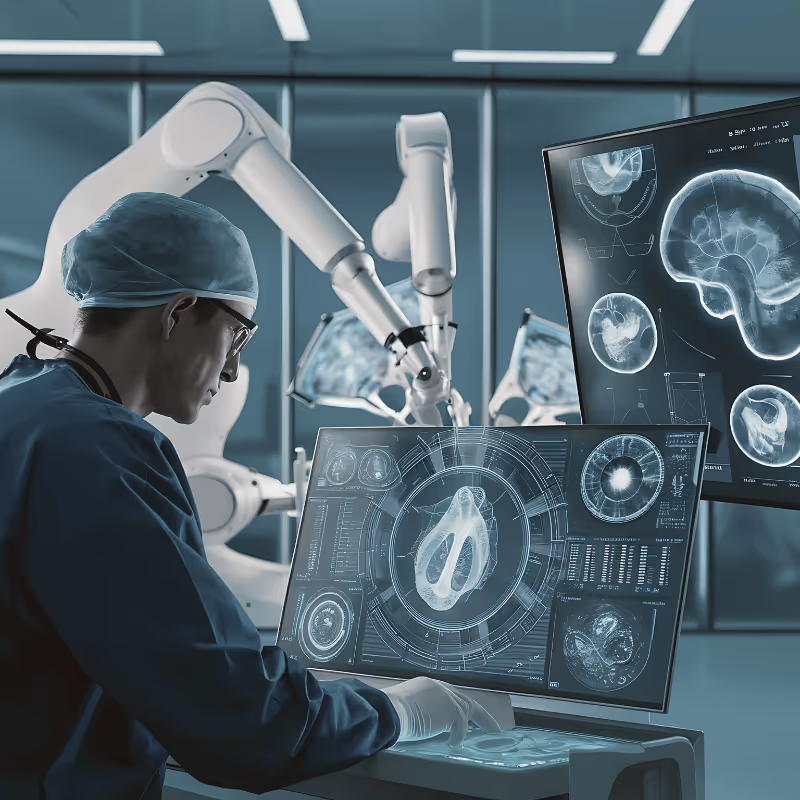
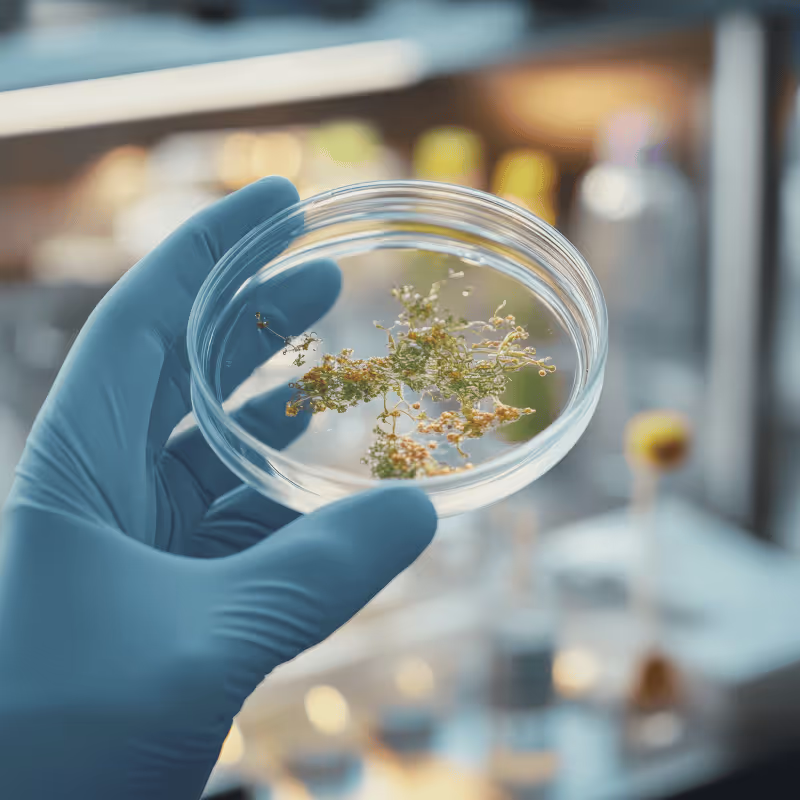








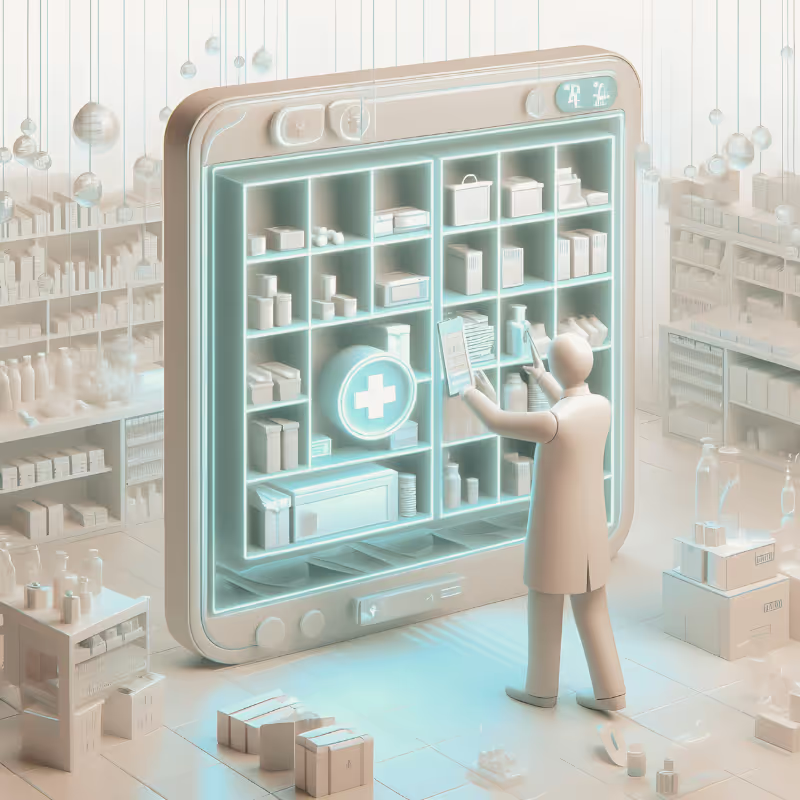




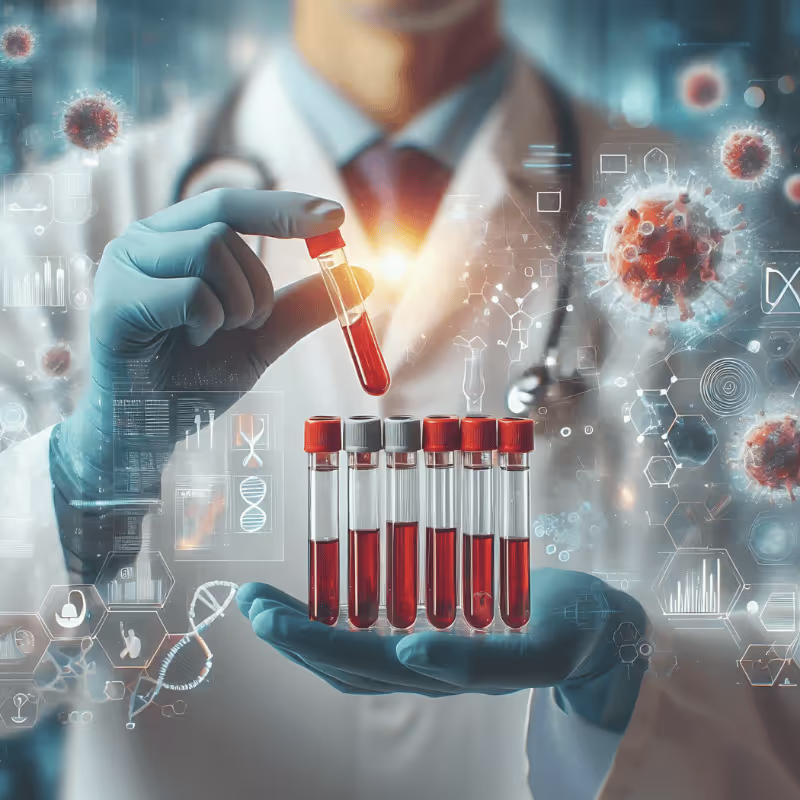

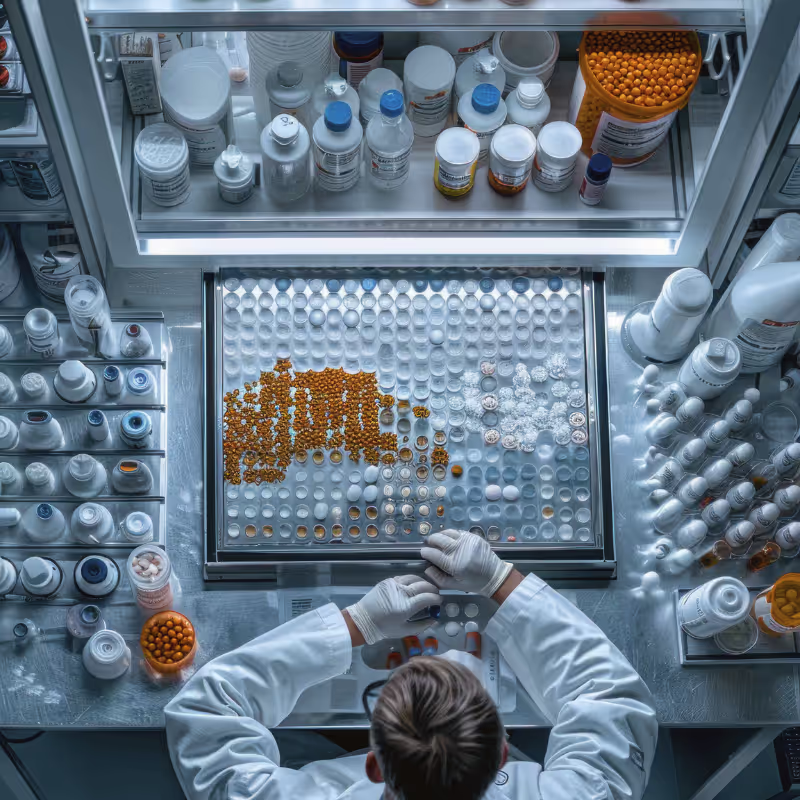
%20(5).avif)
.avif)

